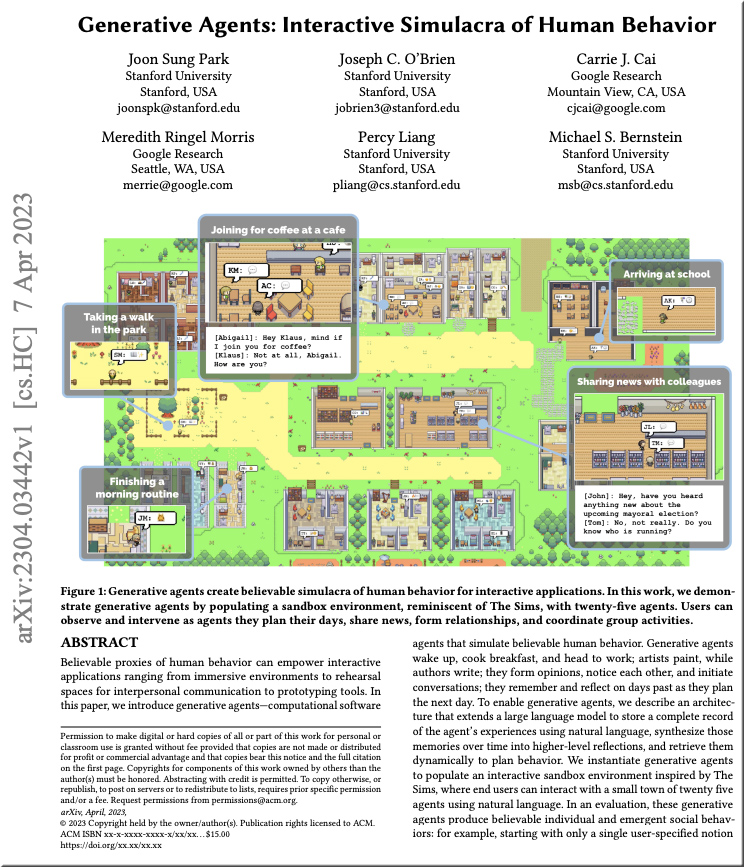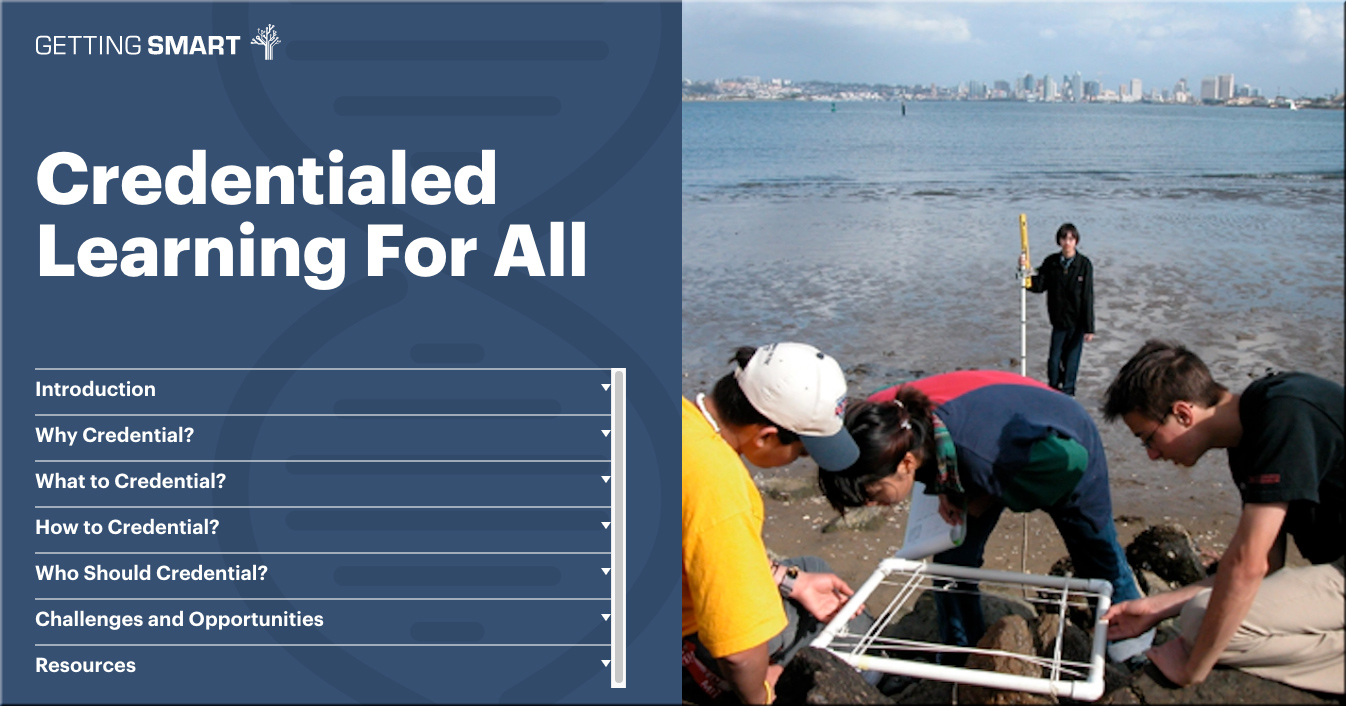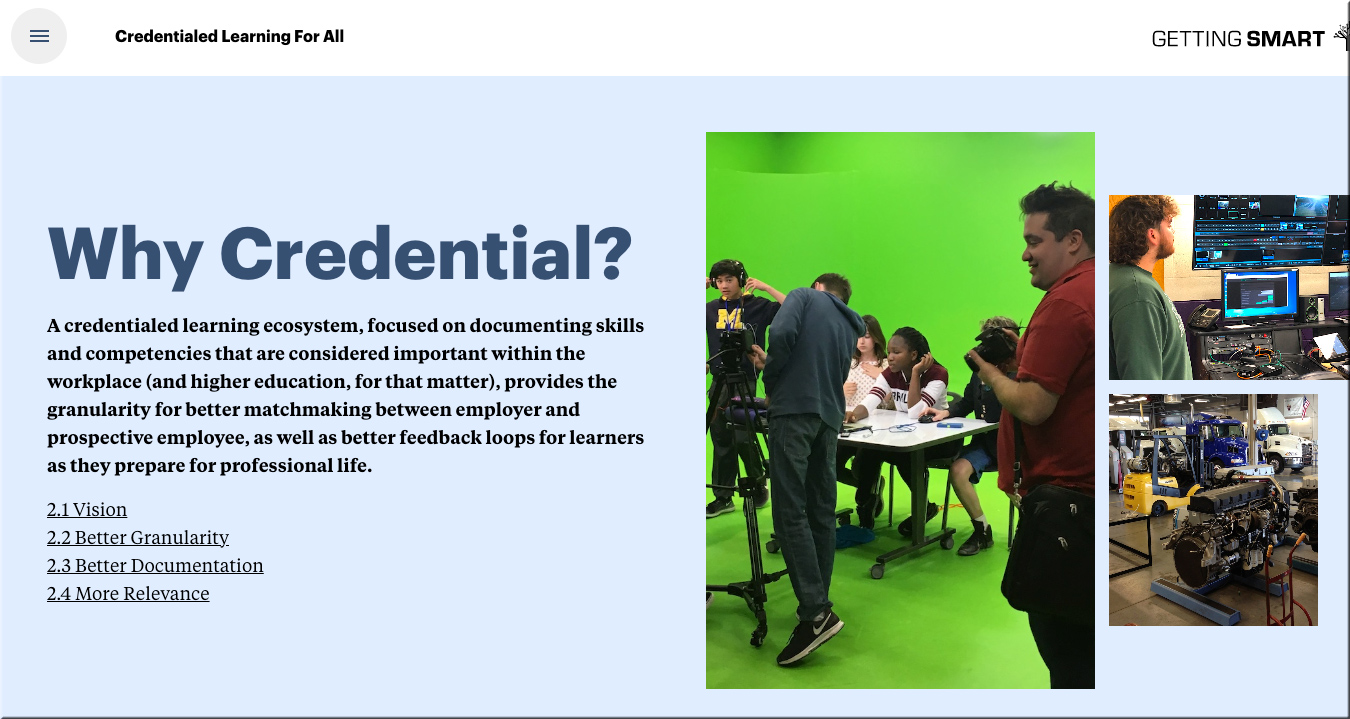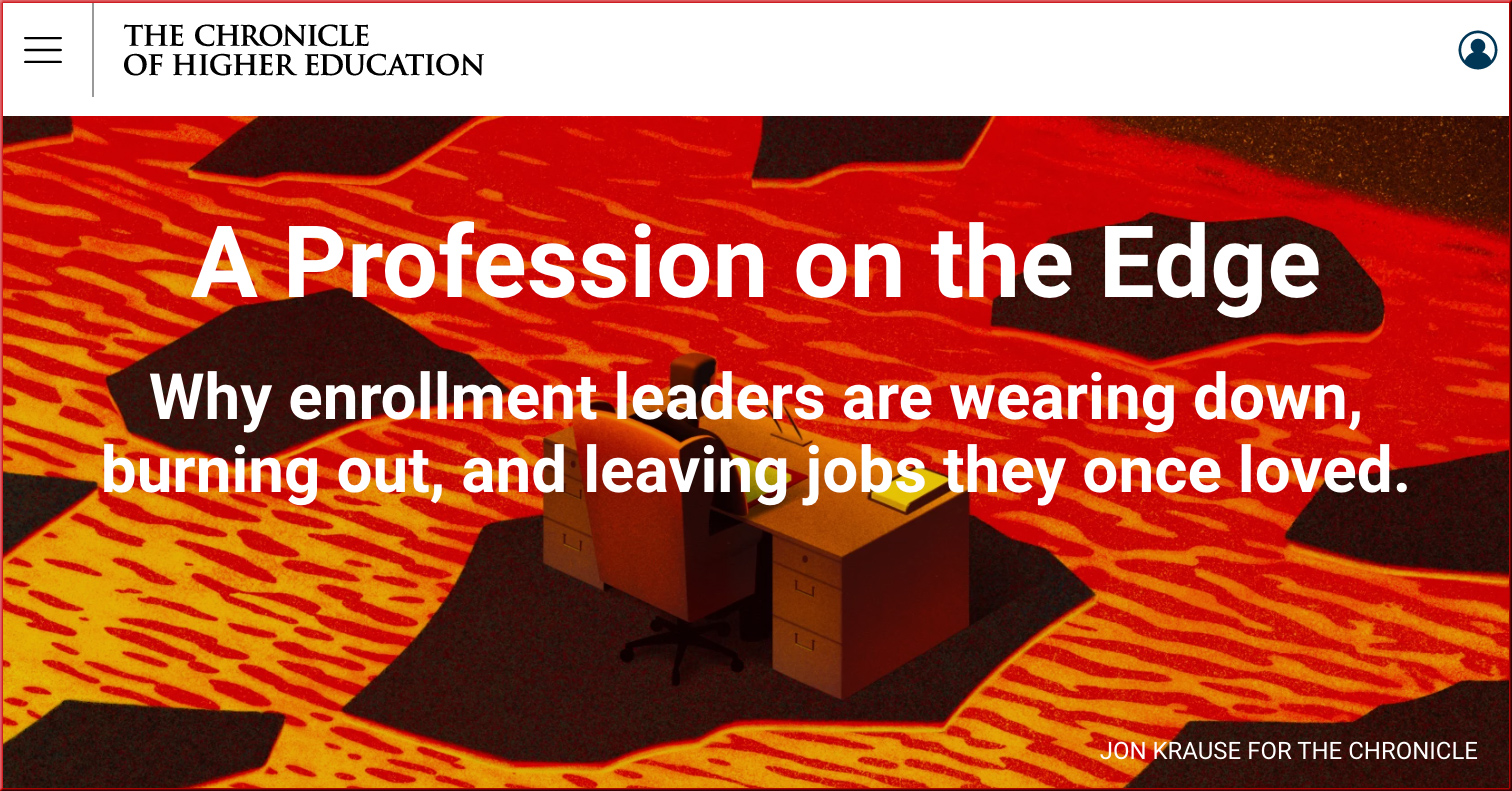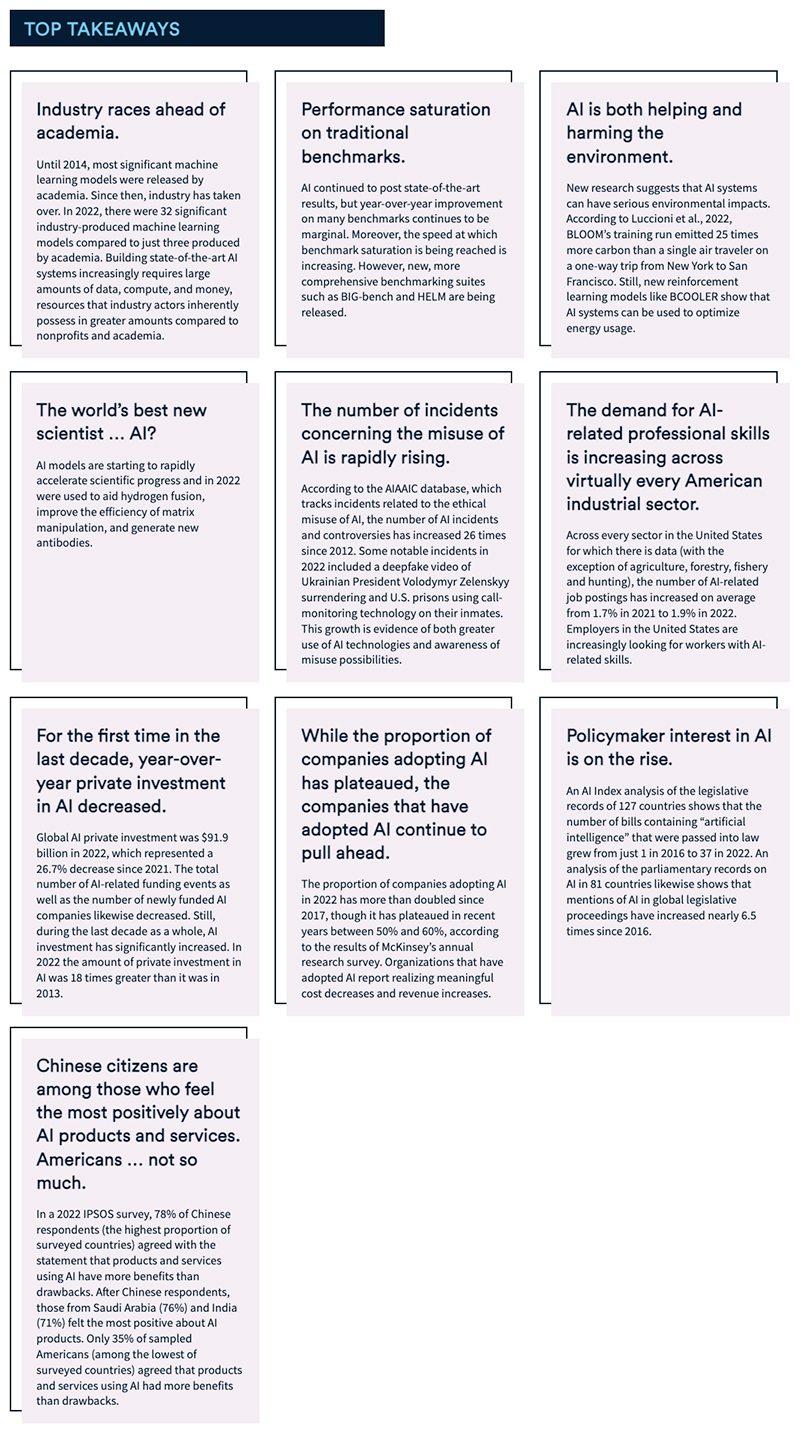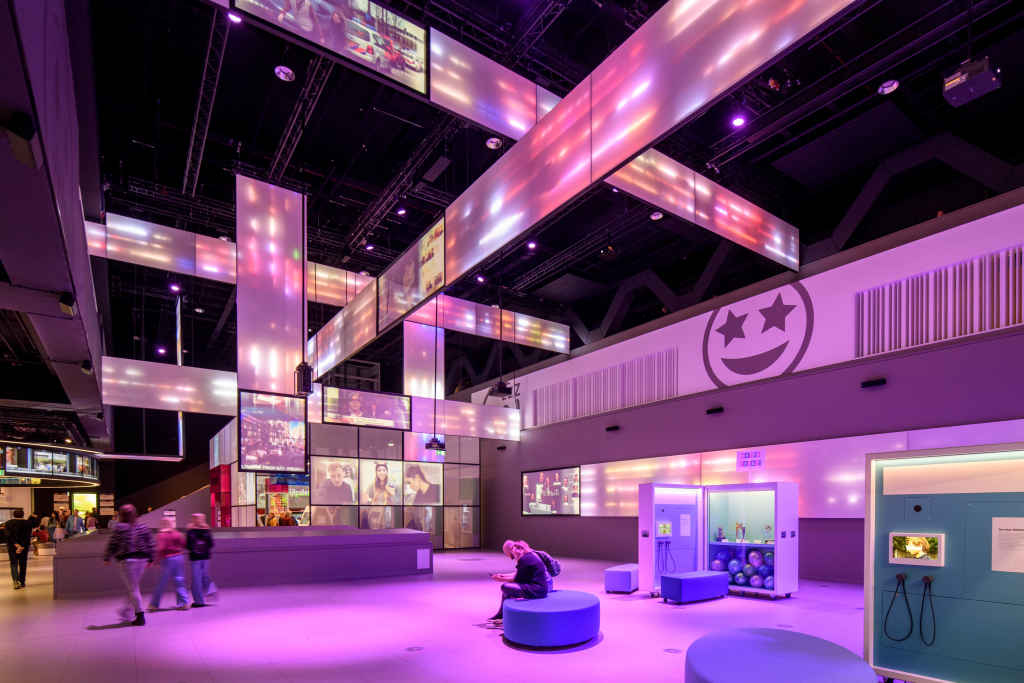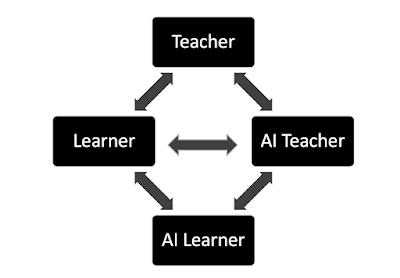AutoGPT might be the next big step in AI.
Here’s why Karpathy recently said “AutoGPT is the next frontier of prompt engineering”
AutoGPT is the equivalent of giving GPT-based models a memory and a body. You can now give a task to an AI agent and have it autonomously come up… pic.twitter.com/mYIJm2IEZy
— Lior? (@AlphaSignalAI) April 11, 2023
AutoGPT, less noise more signal
This is where you should pay attention
Here is why ?
— Linus (???) (@LinusEkenstam) April 11, 2023
AutoGPT is the next BIG thing in AI.
Seems like a new *groundbreaking* update comes out every hour.
Here are a few examples just from the past 24 hours: ?
— Barsee ? (@heyBarsee) April 12, 2023
AutoGPT is the next big thing in AI— from therundown.ai by Rowan Cheung
Excerpt:
AutoGPT has been making waves on the internet recently, trending on both GitHub and Twitter. If you thought ChatGPT was crazy, AutoGPT is about to blow your mind.
AutoGPT creates AI “agents” that operate automatically on their own and complete tasks for you. In case you’ve missed our previous issues covering it, here’s a quick rundown:
-
- It’s open-sourced [code]
- It works by chaining together LLM “thoughts”
- It has internet access, long-term and short-term memory, access to popular websites, and file storage
.
From DSC:
I want to highlight that paper from Stanford, as I’ve seen it cited several times recently:.
- Generative Agents: Interactive Simulacra of Human Behavior
Joon Sung Park, Joseph C. O’Brien, Carrie J. Cai, Meredith Ringel Morris, Percy Liang, Michael S. Bernstein
.
From DSC:
And for a rather fun idea/application of these emerging technologies, see:
- Quick Prompt: Kitchen Design — from linusekenstam.substack.com by Linus Ekenstam
Midjourney Prompt. Create elegant kitchen photos using this starting prompt. Make it your own, experiment, add, remove and tinker to create new ideas.
…which made me wonder how we might use these techs in the development of new learning spaces (or in renovating current learning spaces).
From DSC:
On a much different — but still potential — note, also see:
A.I. could lead to a ‘nuclear-level catastrophe’ according to a third of researchers, a new Stanford report finds — from fortune.com by Tristan Bove
Excerpt:
Many experts in A.I. and computer science say the technology is likely a watershed moment for human society. But 36% don’t mean that as a positive, warning that decisions made by A.I. could lead to “nuclear-level catastrophe,” according to researchers surveyed in an annual report on the technology by Stanford University’s Institute for Human-Centered A.I., published earlier this month.
AutoGPTs are improving at a blazingly fast speed and could soon transform the face of business.
Here's what you need to know:
— Nathan Lands (@NathanLands) April 12, 2023









